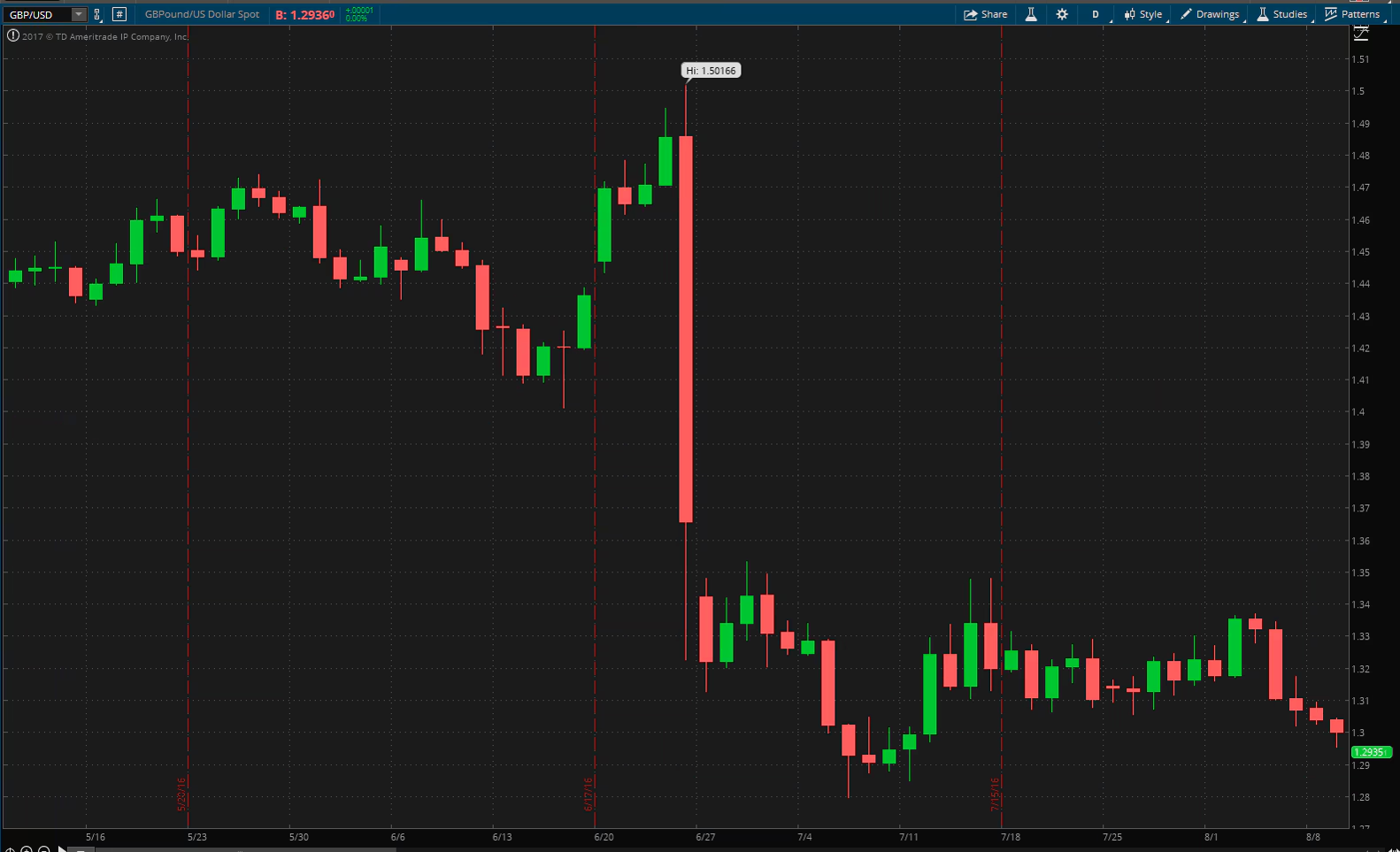外汇(Forex)货币交易基础
外汇(Forex)市场每天交易额超过6万亿美元。阅读本文,学习更多货币交易的基础知识。

外汇市场(Forex)每日交易量超过6万亿美元,几乎全天候开放,每周六天可供交易。这一庞大的市场在全球进口、出口和支付系统中起着平衡作用。
货币报价的基本概念
在开始外汇交易之前,理解货币对的报价至关重要。外汇交易涉及两种货币的买卖,通常称为货币对。例如,美元兑加元(USD/CAD)的报价为1.34,意味着1美元等于1.34加元。同样,欧元兑美元(EUR/USD)的报价为1.09,表示1欧元等于1.09美元。
货币波动的影响因素
货币波动受多种因素影响,包括利率、通胀、经济增长和未来预期。一个典型的例子是2016年6月的英国脱欧公投,英镑兑美元(GBP/USD)从约1.50跌至1.30以下。这一波动反映了投资者对英国经济增长和利率预期的下降,而美国当时正开始加息,使美元和美元相关投资相对更具吸引力,从而导致汇率调整。

外汇交易的平台和机制
外汇交易主要在“银行间市场”进行,这是一个场外交易(OTC)市场,未在交易所交易。银行间市场由银行、交易商和中介经纪商组成。零售投资者通常无法直接进入银行间市场,但可以通过零售外汇经纪商提供的平台进行交易,这些平台通过买卖差价获取利润。
主要货币如美元、欧元、英镑和日元的点差通常较小,但在一天内可能会波动。较为冷门的货币对(称为“外来货币”)的点差可能比主要货币对更大。此外,外汇交易涉及杠杆,意味着交易者可以用较小的金额建立较大仓位,这可能带来放大收益的机会,但同时也会放大亏损。
期货市场的角色
外汇交易还有一个期货市场,交易的是与美元相对的多种主要货币的标准化合约。与外汇交易类似,期货合约允许交易者用较小的金额建立大额投资仓位,但期货市场使用的标准化合约尺寸可能不如外汇市场灵活。
外汇市场的参与者
外汇市场的主要参与者包括商业银行、中央银行、金融机构、对冲基金、公司以及个人投资者。商业银行和中央银行在外汇市场中扮演着至关重要的角色,因为它们的交易量和交易策略能够显著影响货币对的价格走势。
风险管理和投资建议
外汇市场为投资者提供了国际化的投资机会,无论是长期还是短期的跨国利率差异投资。然而,外汇交易的高波动性和杠杆作用使其具有较高的风险。因此,投资者需认真研究市场动态,理解外汇交易的利弊,制定稳健的风险管理策略,方可考虑进入外汇市场。
总之,尽管外汇市场提供了丰富的投资机会,但其复杂性和高风险要求投资者具备深厚的市场知识和谨慎的投资态度。通过充分了解市场机制和影响因素,投资者可以在这个庞大且流动性极高的市场中找到适合自己的投资策略。
Disclaimer: The views in this article are from the original Creator and do not represent the views or position of Hawk Insight. The content of the article is for reference, communication and learning only, and does not constitute investment advice. If it involves copyright issues, please contact us for deletion.